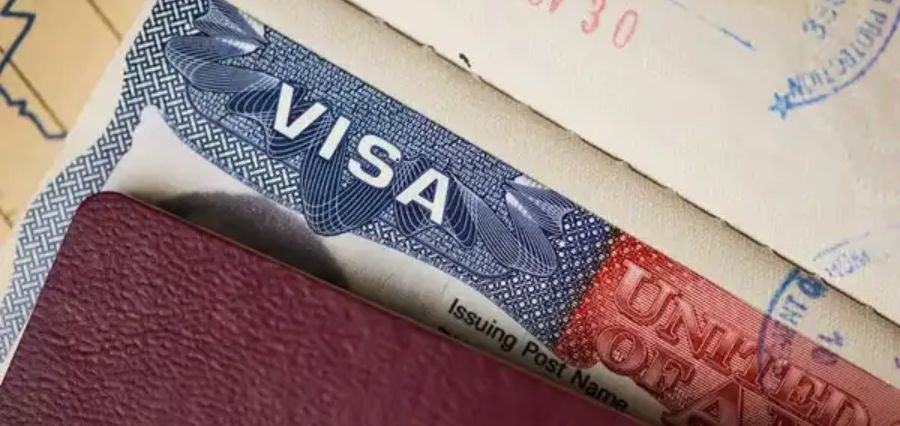Prime Highlights
- The US has introduced a new visa bond policy that will impose up to refundable bonds of $15,000 on some B‑1 (business) and B‑2 (visitor) visa applicants.
- The policy is aimed at visitors from nations that have high levels of visa overstays or whose screening mechanisms are weak.
Key Fact
- The 12-month pilot program will have an effect on approximately 2,000 applicants, and bond levels will range from $5,000 to $15,000 depending on the risk factor.
Key Background
The American government has launched three-year trial program of refundable bonds for selected business and tourist travelers. The pilot, which was introduced on August 20, is aimed at deterring visa overstayers by making it more difficult for visitors from high-risk countries by placing more financial conditions on their applications.
Refundable bond levels are $5,000, $10,000, or $15,000 and will be determined by applicant profiles to be decided by consular officers. The bonds will be refunded when travelers leave the US on time but will be forfeited if the visitors remain longer than their visa periods. The pilot program will operate for 12 months and will affect only some applicants with certain conditions.
The policy targets citizens of countries with historically high rates of non-immigrant visa overstay, insufficient vetting infrastructure, or nationality-by-investment schemes with poorly defined residency conditions. Targeted visitors will also have to enter and exit pre-vetted US airports in an attempt to track them.
Apart from bonds, there will also be an additional visa integrity fee of approximately $250 on all successful non-immigrant visa applicants from October. It is a one-way fee and will be utilized to pay for compliance checking and enforcement.
Though the program will seek to increase visa compliance, it has been controversial among immigration and travel specialists, who contend that genuine travel will be discouraged through it and cause damage to tourism and trade business. The economic barriers, critics say, may discourage applicants from economically underdeveloped nations to reduce legal access to the US.
Though narrow in scope, the measure is part of a broad policy drift toward greater immigration controls and may be a precursor to additional attempts to stem overstays and secure the borders.
Read More : Aditya Bhasin Joins Falfurrias Capital Partners After Leading Bank of America’s Tech Transformation




